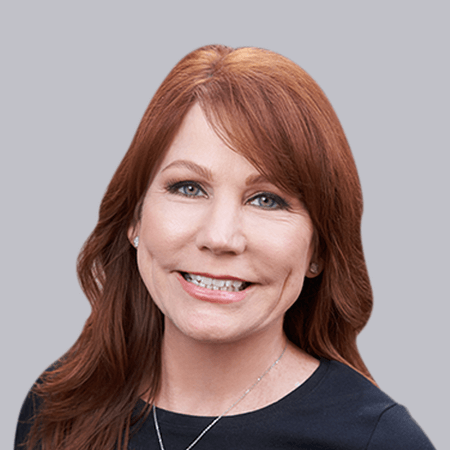Women on Board: Okta + Athena Alliance Discuss the Importance of Diversity in the Modern Boardroom
Women hold 22% of the board seats at S&P 500 companies, but only 11% of board seats in companies with less than $1B in market cap. Last week, we co-hosted an event with the Athena Alliance exploring how we increase those numbers. We discussed the changing roles and focus of the modern boardroom — and the work we can do together to bring more diversity and expertise to boards.
It was a particularly relevant topic, as just a few days beforehand, California Governor Jerry Brown signed a bill into law that made California the first state to require its publicly-held corporations to include women on their boards. And it was a personal discussion for me and many of the women who joined us at Okta’s San Francisco headquarters looking to take our leadership capabilities to the next level. I was especially heartened to see many young women in the audience, already planning ahead for their careers.

A few highlights and key takeaways:
-
Our CEO and co-founder Todd McKinnon opened the event by pointing out that diverse organizations — particularly companies with an array of representation in leadership — consistently outperform their peers, and he discussed his experience seeking out diverse opinions to strengthen Okta. He applauded Athena’s efforts to accelerate gender inclusivity in the boardroom by getting to the root of the problem.
-
Following Todd’s remarks, a panel of current and former board members, Athena Alliance founder and CEO Coco Brown , former BGI (now Blackrock) CFO Alison Davis and SuperOrg CEO Mark Sickles, were joined TechCrunch’s Kate Clark to explore the evolution of boards. They discussed:
-
How the charter of boards is to give strategic direction, evaluate risks and monitor performance to ultimately create long-term value for shareholders;
-
The need to broaden the currently insular network of potential board members;
-
The increasing importance of corporate social responsibility; and
-
How people drive the success of businesses.
And that’s just skimming the surface. The ultimate conclusion is that the world has changed dramatically in the past few decades, thus the board must evolve as well.
-
To conclude the event, I joined Eileen Schloss and Kathy Zwickert — two former HR executives — to outline the case for adding Chief Human Resources Officers (CHROs) to boards. Women make up 55% of the CHROs in companies today, but those aren’t the roles that typically get onto boards. Boards are usually comprised of CEOs (and only 6% of CEOs are women) and CFOs (only 11% are women). We argued that if organizations want more diverse boards, they should consider adding members beyond just former CEOs and CFOs. We also discussed how Chief People Officers and CHROs are business people — and when people are a company’s most important commodity, there’s no one better equipped to advise companies on scaling a workforce, executive succession, compensation, leadership training, and diversity and inclusion.

During the event, we also announced Okta’s partnership with the Athena Alliance. Okta is sponsoring myself and two executive colleagues — Krista Anderson-Copperman, our Chief Customer Officer, and Angela Grady, EVP and chief of staff to the CEO — to participate in Athena’s board readiness program. As Coco explains, women seeking a board seat for the first time face a mountain of barriers compared to their male counterparts. Athena works with individual women and companies of all sizes to craft customized programs to guide women through the ranks of executive leadership — progressing into even more senior roles and, if they choose, into positions as board directors.
It’s a powerful program, and one I’m honored to participate in, particularly because there’s no industry where diversity and representation are more important than the technology sector. The products we build have the power to reach and impact everyone in the world. At Okta, we’re committed to working closely with Athena to champion our female leaders — together taking one step closer to gender parity in the boardroom and across our industry.

